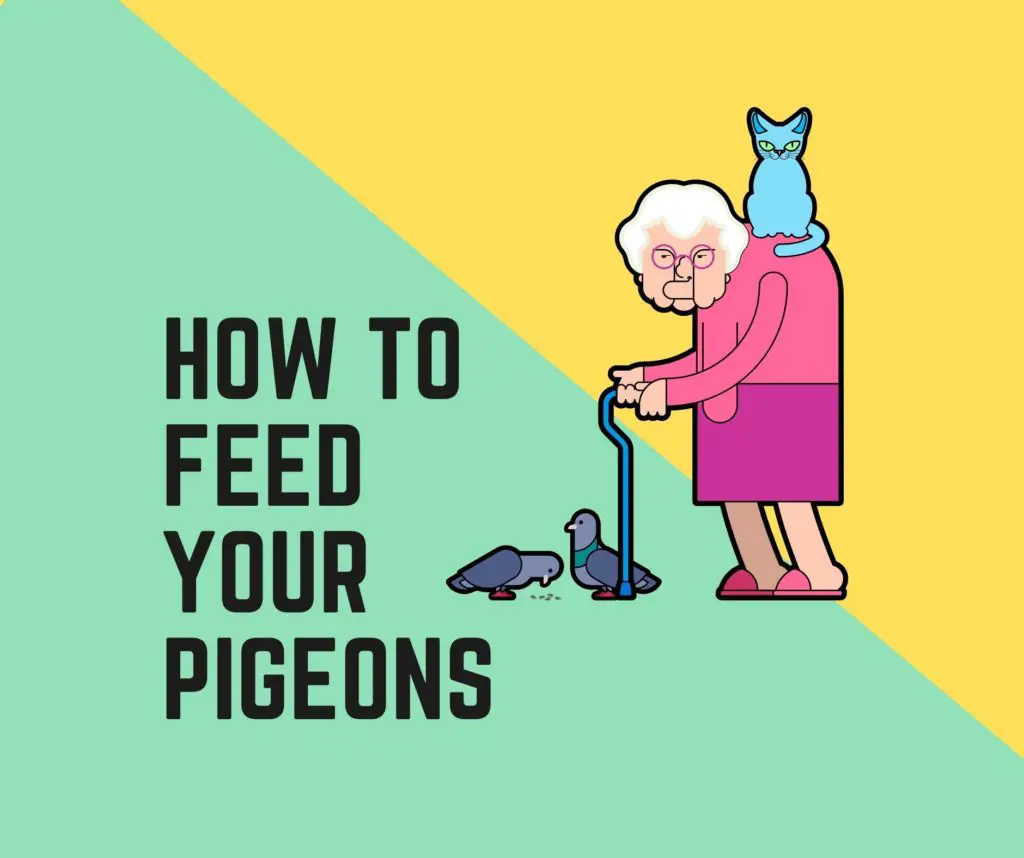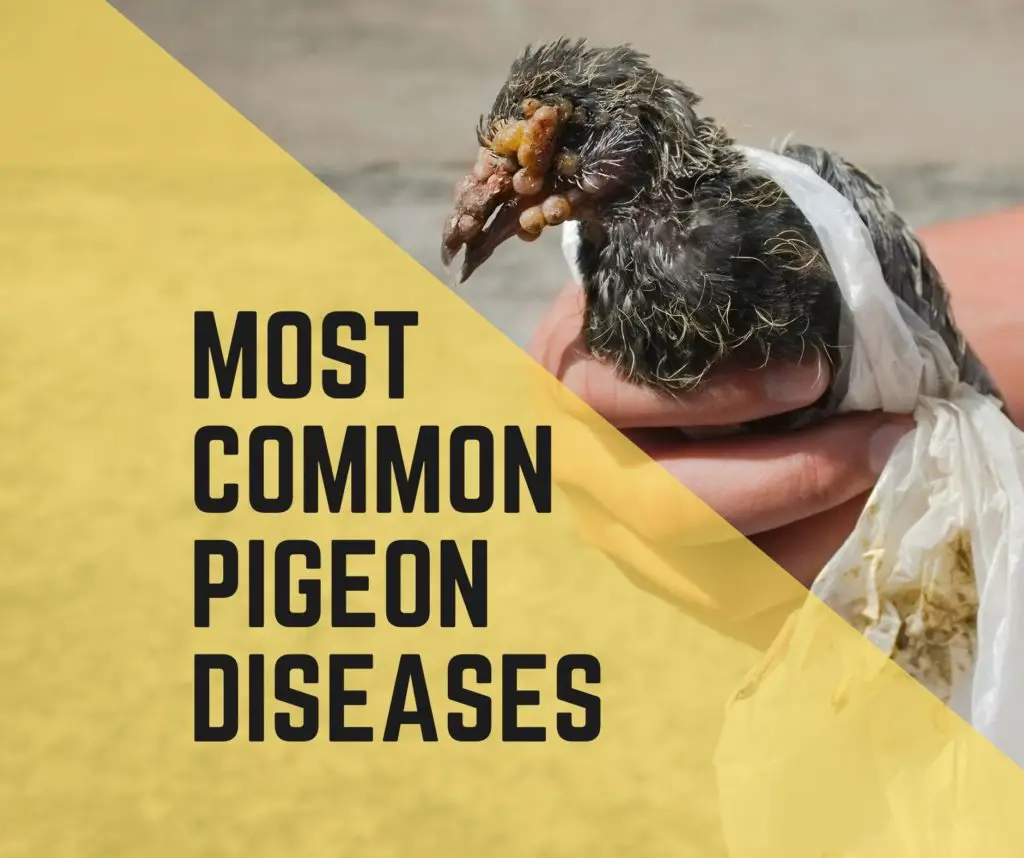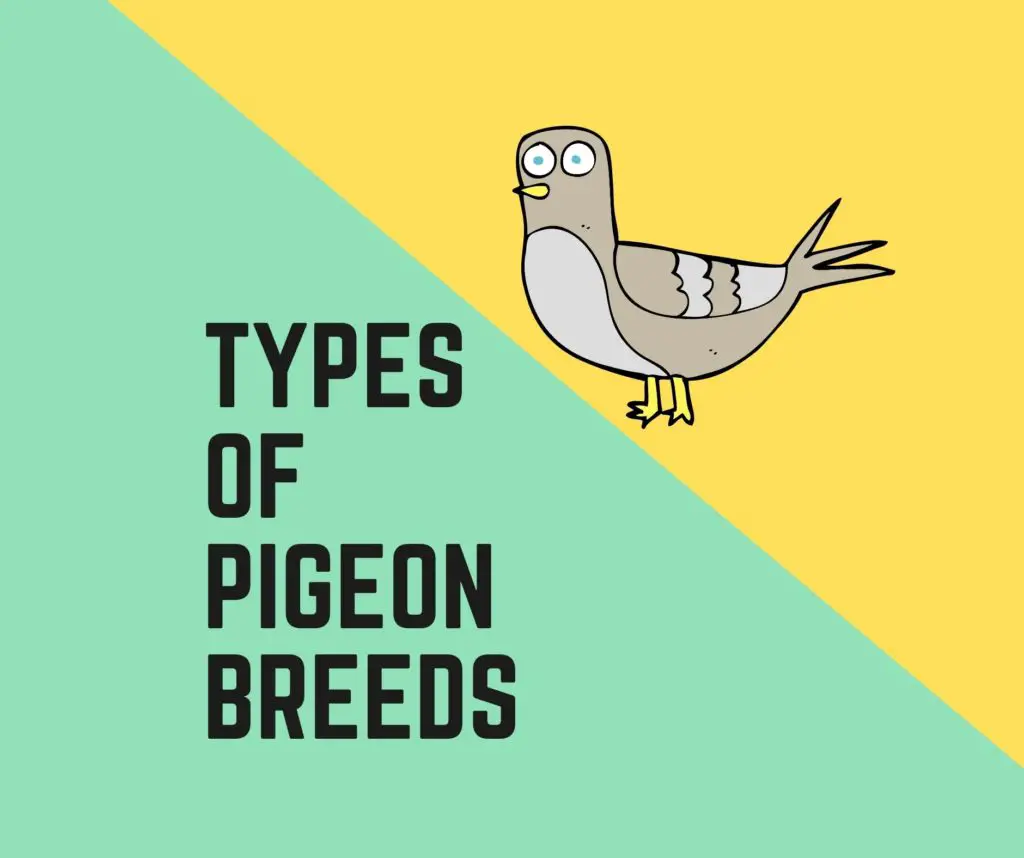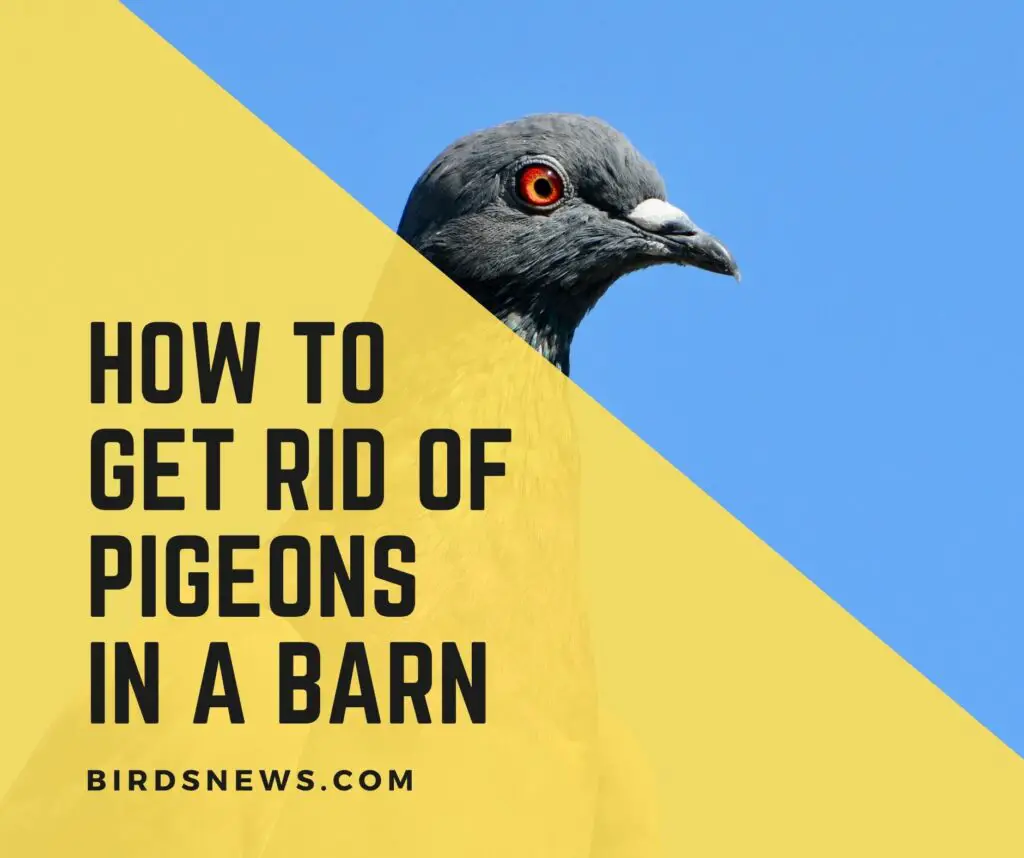Both pigeons and doves pertain to a class of birds that is vast and can be seen all over the world.
The rock pigeon or dove emanated from Europe, while the mourning dove is indigenous to North America, Asia, and Africa.
The pigeons and doves have always been related to human settlements and emigrate with humans as they move around the world.
These birds feed mainly on seeds, although they do not have tremendous seed-breaking grosbeaks.
They also feed on smallish seeds and little grains and sometimes eat insects, crustaceans (like snails and earthworms), and fruits.
6 Pointers while feeding pigeos?
What pointers should you remember while feeding pigeons?
- Keep an eye on the amount of food consumed per day by pigeons.
- Always replace old with fresh drinkable water on a daily basis.
- Feed them with seasonal fresh vegetables and fruits every day.
- Whenever possible feed pigeons a mix of grains and seeds.
- Daily Clean all food leftovers and dishes and disinfect the area once a month.
- If a bird rejects food one day keep trying if may accept it the next day.
Diet Requirements for Pigeons
A pigeon and dove of excellent quality feed on at least 14% to 18% protein and also 4% fat at best.
If you are looking after two or three birds, choosing a higher-quality feed will not be a problem.
However, bird keepers that put up an enormous group of birds will have a harder task supplying the high-quality feed along with its nutritional proportion.
Food blends for pigeons and doves can always be found in a good pet store.
Fresh vegetables should be given to the birds (e.g. leafy greens), grains, and fruits every day.
Do not forget to cut your vegetables and fresh fruits very well for your birds.
Also, note that a spray of millet attached to the cage side is a good treat for the birds.
Supplements Need for Pigeons
Calcium grit is the sole supplement necessary for your pigeon or dove if you are feeding it properly.
Pigeon/dove grit or oyster shell grit is a form of calcium grit that can be offered to your birds.
But make sure it has the necessary calcium as its ingredient. Always place the grit in a small bowl in the cage.
You do not want your birds to mistakenly pick up feces alongside the grits when tossed on the floor, as such can cause illness.
Water Requirements for Pigeons
Fresh and clean water should be made available to your birds all the time and must be checked severally in a day.
The bowl that contains the drinking water of the birds should be wiped clean with a paper towel at each change.
This will forestall a slimy-like film from depositing on the inside of the bowl.
This slimy-like film harbors bacteria that can be hazardous to the birds.
Unlike other birds that normally lap their drinking water,
pigeons and doves usually drink their water by using their beaks to suck it up, as if inhaling through a straw.
So, it is essential that their drinking bowls allow them to submerge their beaks to 50% at least.
It is highly recommended that you use flavored bottled drinking water or natural (bottled) spring water for your birds.
Do not in any case use tap water that is not treated. You should always treat tap water with de-chlorinating treatment whenever it is used.
Note that all drinking water given to the birds must be 100% free of heavy metals and chlorine.
Distilled water should not be used because it can cause stringent medical problems for the birds, due to its lack of essential minerals that are important for body functions.
If you must only use tap water, please de-chlorinate it.
That should not be hard as de-chlorinator can easily be found in the market.
Feeding Setup for Pigeons
4 stout dishes; the first one used for freshwater, the second one for food mix, the third one for fresh foods, and the last one used for grit.
It is worth noting that pigeons and doves like illuminating colored dishes.
In Summary
Fresh foods should be given to the birds every morning and are meant to be finished by sunset.
No matter what, always provide fresh foods in appropriately sized proportion to your birds every morning.
When you get the proper amount needed everyday right, it makes clean-up easy and reduces seed-throwing.
If for any reason problems arise, do not hesitate to call your veterinarian as soon as possible.
Pigeons and doves hide illnesses very well, so it is highly recommended to have your Veterinarian examine them a few times yearly.
Doing so can really prevent some illnesses before they get worse. So, start feeding those birds of yours properly.
For Further Reading
- History of Domestic Pigeons
- Types Of Pigeon Breeds
- A Guide to Basic Pigeon Care Tips
- Hоw tо Rаiѕе, Fееd аnd Hоuѕе a pigeon chick

Hi, There and Welcome to BirdsNews.com, is here to help you learn and care about pet birds. and this blog is a journal of everything I’ve learned.








